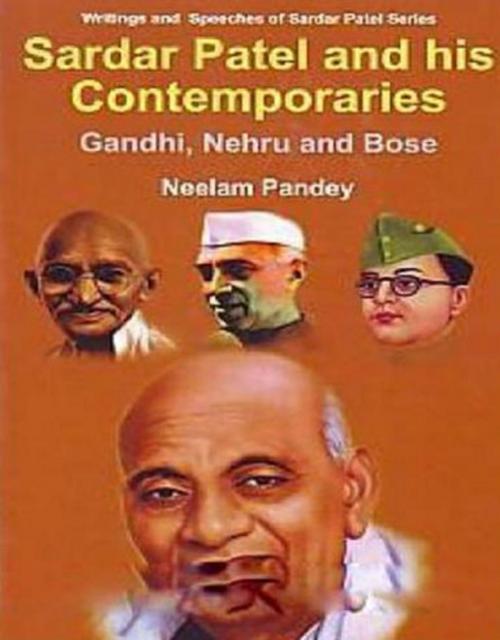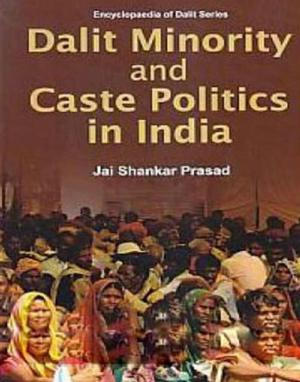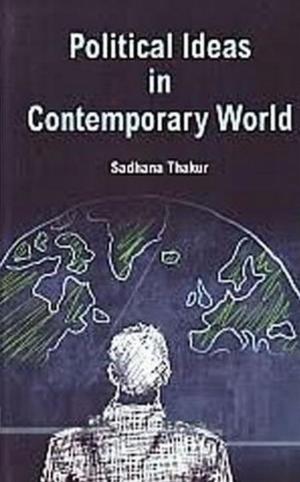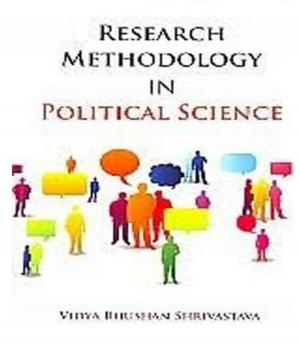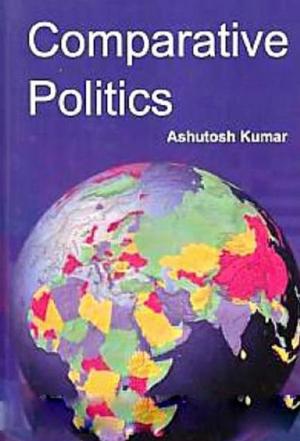Sardar Patel And His Contemporaries Gandhi, Nehru And Bose
Nonfiction, Social & Cultural Studies, Political Science| Author: | Neelam Pandey | ISBN: | 9789388034777 |
| Publisher: | Centrum Press | Publication: | June 30, 2017 |
| Imprint: | Centrum Press | Language: | English |
| Author: | Neelam Pandey |
| ISBN: | 9789388034777 |
| Publisher: | Centrum Press |
| Publication: | June 30, 2017 |
| Imprint: | Centrum Press |
| Language: | English |
Sardar Vallabhbhai Patel was the most powerful man of his time. The Mahatma was the most respected, Jawaharlal Nehru the most loved and Subhas Bose the most longed-for. But in terms of the iron control he exercised over the largest political apparatus in the country and the grip he had on political currents and cross-currents in virtually every province in India, the power wielded by the Patidar from Karamsad, Gujarat, had no match. No near-match, either. Not by far. Gandhi loved Jawaharlal, trusted Prasad, admired Rajaji, esteemed Azad. But Patel, he leaned on and laughed with. Patel regarded Gandhi as his mentor, his leader. Historical documents reveal that between Jawaharlal Nehru and Vallabhbhai Patel, it was the latter who sought, to provide assistance to Bose’s family and INA soldiers, and to preserve the legacy of the INA after Bose’s alleged death. With a growing recognition of the resilience of India’s political arrangements, this book is particularly relevant to those interested in the politics of transition and modernisation, and contributes to studies on Political Institutions and South Asian Politics.
Sardar Vallabhbhai Patel was the most powerful man of his time. The Mahatma was the most respected, Jawaharlal Nehru the most loved and Subhas Bose the most longed-for. But in terms of the iron control he exercised over the largest political apparatus in the country and the grip he had on political currents and cross-currents in virtually every province in India, the power wielded by the Patidar from Karamsad, Gujarat, had no match. No near-match, either. Not by far. Gandhi loved Jawaharlal, trusted Prasad, admired Rajaji, esteemed Azad. But Patel, he leaned on and laughed with. Patel regarded Gandhi as his mentor, his leader. Historical documents reveal that between Jawaharlal Nehru and Vallabhbhai Patel, it was the latter who sought, to provide assistance to Bose’s family and INA soldiers, and to preserve the legacy of the INA after Bose’s alleged death. With a growing recognition of the resilience of India’s political arrangements, this book is particularly relevant to those interested in the politics of transition and modernisation, and contributes to studies on Political Institutions and South Asian Politics.
